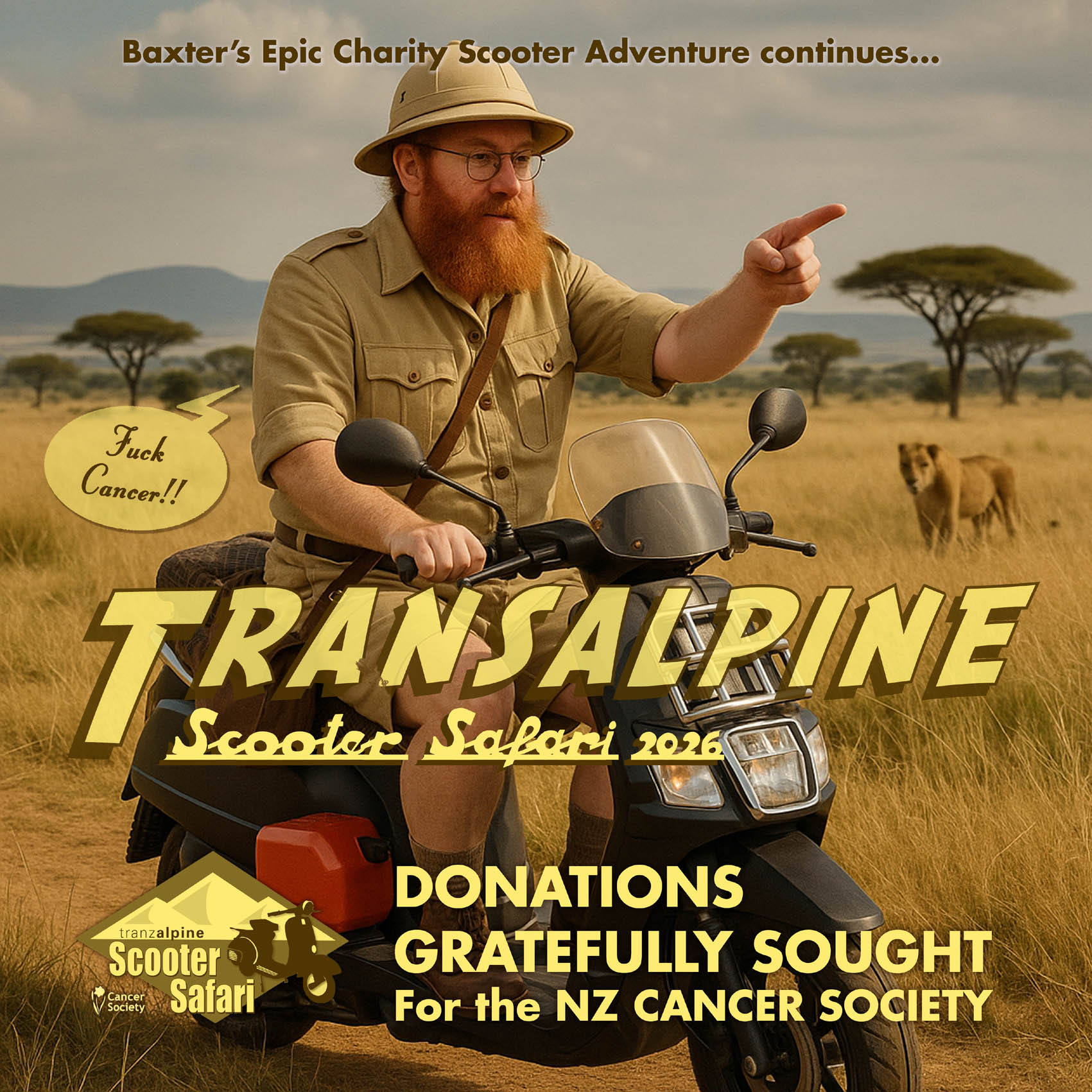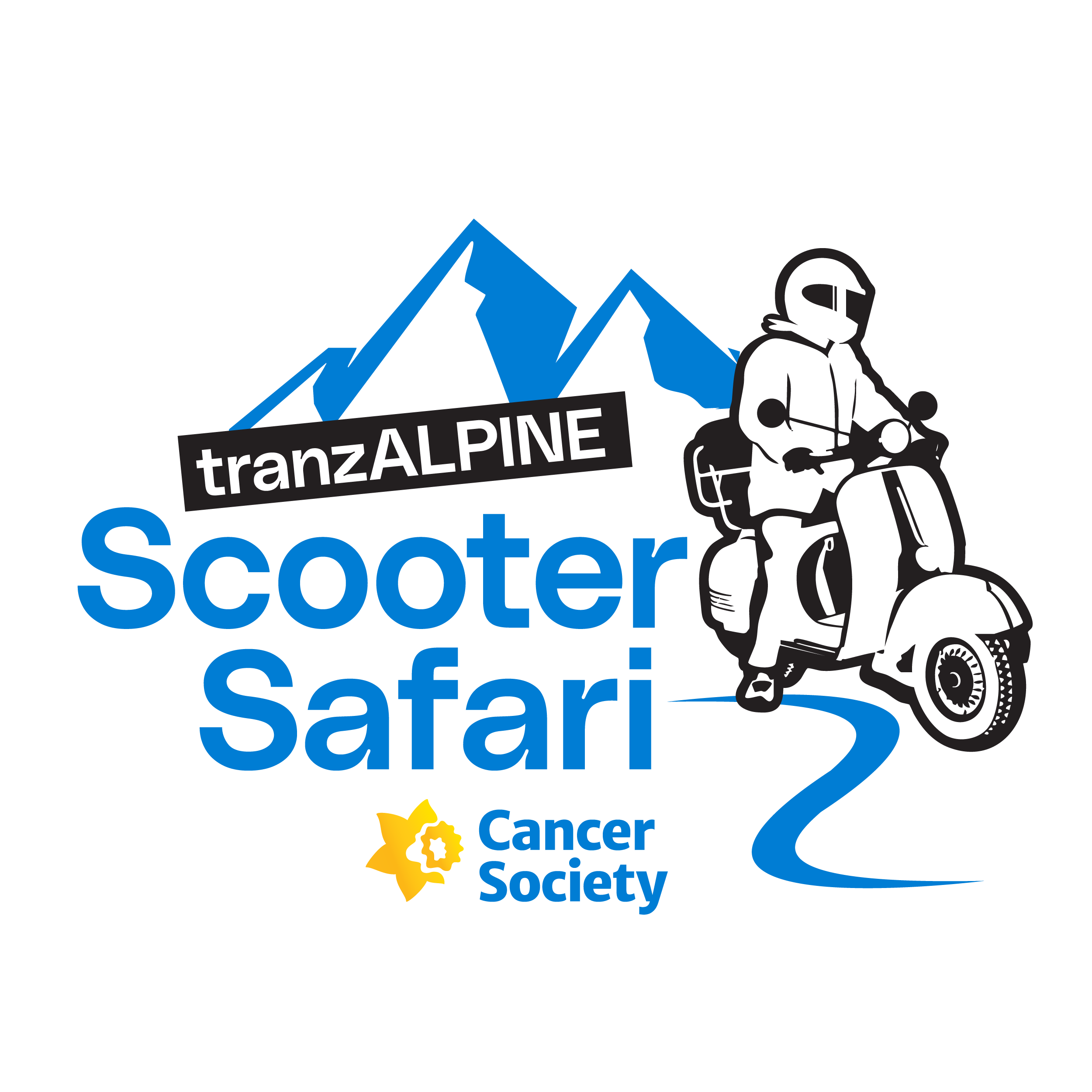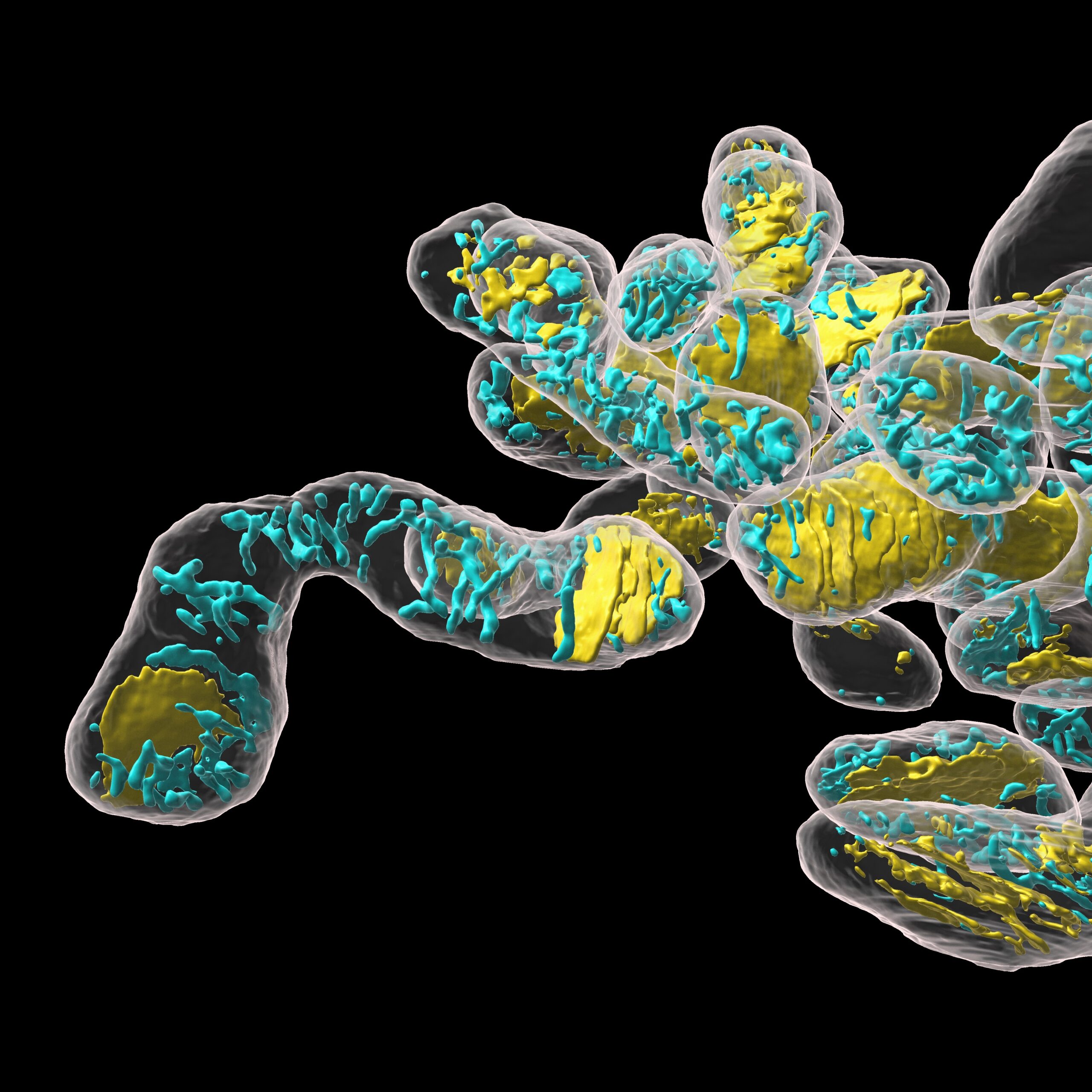Two women have successfully given birth using transplanted ovarian tissues that had been frozen before they underwent cancer treatment, a Japanese team has said. https://www.japantimes.co.jp/news/2026/02/18/japan/science-health/frozen-ovarian-transplants/?utm_medium=Social&utm_source=mastodon #japan #sciencehealth #pregnancy #women039sissues #cancer #transplants
If you watched #TV in the 90s in the #USA you know Carlton Banks from "The Fresh Prince of Bel-Air" played by #AlfonsoRibeiro (and his hilariously cringe Carlton dance)
And you know Dawson Leery from "Dawson's Creek" played by #JamesVanDerBeek (also in "Varsity Blues")
Ribeiro and Van Der Beek were lifelong friends
Alfonso said goodbye to his old friend last week
James died this week of #colorectalCancer
Get your #colonoscopy
Fuck #cancer
If you watched #TV in the 90s in the #USA you know Carlton Banks from "The Fresh Prince of Bel-Air" played by #AlfonsoRibeiro (and his hilariously cringe Carlton dance)
And you know Dawson Leery from "Dawson's Creek" played by #JamesVanDerBeek (also in "Varsity Blues")
Ribeiro and Van Der Beek were lifelong friends
Alfonso said goodbye to his old friend last week
James died this week of #colorectalCancer
Get your #colonoscopy
Fuck #cancer
Can a 150kg fat man ride an unwanted 50cc ex-pizza-delivery scooter, 250KM over the SOUTHERN ALPS to raise money for the CANCER SOCIETY?
Hopefully. —And I'd love if you could help by SPONSORING ME on this epic endurance ride please.
Donations go directly to the Cancer Society Southern, and every donation will be used for cancer research, prevention, and support services for people who need our support the most.
You don't have to give a lot to help, as the proverbial every little bit adds up. Please don't donate if you're not in a financial position to - but do PLEASE SHARE and tell others who might be able to thanks.
Thank you greatly for your support!
Donations can be made at >> https://scootersafari.co.nz/mark-baxter
#Cancer #scooter #moped
Can a 150kg fat man ride an unwanted 50cc ex-pizza-delivery scooter, 250KM over the SOUTHERN ALPS to raise money for the CANCER SOCIETY?
Hopefully. —And I'd love if you could help by SPONSORING ME on this epic endurance ride please.
Donations go directly to the Cancer Society Southern, and every donation will be used for cancer research, prevention, and support services for people who need our support the most.
You don't have to give a lot to help, as the proverbial every little bit adds up. Please don't donate if you're not in a financial position to - but do PLEASE SHARE and tell others who might be able to thanks.
Thank you greatly for your support!
Donations can be made at >> https://scootersafari.co.nz/mark-baxter
#Cancer #scooter #moped
When my Mom died of cancer, she was the same age as James Van Der Beek.
I was just a teenager, and it upended my whole world.
Nothing was ever the same after that.
My family didn’t have to do a GoFundMe.
We didn’t have to worry about whether we would keep a roof over our heads or be able to stay in school.
Why?
Universal Healthcare.
My Mom didn’t survive, but her care didn’t bankrupt us.
We didn’t have to worry about whether she could afford treatment.
We didn’t have to fear that we would lose her prematurely due to lack of care.
James Van Der Beek was the face of a generation. He was on one of the most successful teen dramas in history. He made millions for Sony.
Yet cancer financially destroyed him. He couldn’t afford healthcare.
His wife and kids should be allowed to grieve in peace, but instead they have to fundraise to try and ensure they don’t lose their home.
America should be embarrassed. This shouldn’t happen to anyone.
Healthcare is a basic human right.
Guarantee Medicare for All.
When my Mom died of cancer, she was the same age as James Van Der Beek.
I was just a teenager, and it upended my whole world.
Nothing was ever the same after that.
My family didn’t have to do a GoFundMe.
We didn’t have to worry about whether we would keep a roof over our heads or be able to stay in school.
Why?
Universal Healthcare.
My Mom didn’t survive, but her care didn’t bankrupt us.
We didn’t have to worry about whether she could afford treatment.
We didn’t have to fear that we would lose her prematurely due to lack of care.
James Van Der Beek was the face of a generation. He was on one of the most successful teen dramas in history. He made millions for Sony.
Yet cancer financially destroyed him. He couldn’t afford healthcare.
His wife and kids should be allowed to grieve in peace, but instead they have to fundraise to try and ensure they don’t lose their home.
America should be embarrassed. This shouldn’t happen to anyone.
Healthcare is a basic human right.
Guarantee Medicare for All.
James Van Der Beek, the star of "Dawson's Creek," has died of colorectal cancer at age 48. Here's @Variety's tribute to him.
#JamesVanDerBeek #Cancer #Celebrity #Hollywood #RIP #InMemoriam
James Van Der Beek, the star of "Dawson's Creek," has died of colorectal cancer at age 48. Here's @Variety's tribute to him.
#JamesVanDerBeek #Cancer #Celebrity #Hollywood #RIP #InMemoriam
Are text-message #healthScreening reminders more effective than mailed-letter reminders?
Both caused similar increases in the rate of #cancer screening in this pragmatic trial that included over 5000 older patients with overdue mail-in colorectal tests.
How else can automated text messages educate medical patients?
Adding automated text messages to a paper-based decision aid program improved lung #cancer screening knowledge and screening rates.
Yasunobu Tsuruta crafted wooden toys with Koshiro Kido, who later died of cancer at 13. In memory of the boy, Tsuruta raises funds in aid of childhood cancer research. https://www.japantimes.co.jp/news/2026/02/09/japan/society/pediatric-cancer-fundraising-wooden-toys/?utm_medium=Social&utm_source=mastodon #japan #society #fukuoka #cancer #children #toys
Menstrual blood test could offer alternative to cervical screening for #cancer
Today is World Cancer Day. And from everything I went through the last year I can only urge you to go to the doctor regularly for screening appointments. Cancer is on the rise but if you catch it early your chances of survival are rising too.
#cancer #worldcancerday
The latest collection of commentary and Essays in @PLOSBiology is devoted to #immunometabolism.
We highlight how the interplay between systemic metabolism and the immune response impact tissue and organismal functions, as well as the therapeutic potential of manipulating immunometabolism.
⚛️ Nicole Chapman and Hongbo Chi advocate for the use of systems biology approaches as discovery tools for new therapeutic targets
💉 Yun Sok Lee investigates the process of metaflammation, the chronic low-grade inflammatory response that occurs in metabolic diseases such as obesity and type 2 diabetes, exploring how systemic changes in metabolism can affect tissue-resident immune cells
🦠 Griffin Gowdy and Alice Prince look at the role of immunometabolites in both driving and combating bacterial infections, with a focus on lung pathogens
🥗 On a more holistic level, Guang Sheng Ling and colleagues suggest a two-pronged approach to target immunometabolism through pharmaceutical and lifestyle interventions, with a focus on cancer
The collection was edited by Claudio Mauro, Lucas Smith and Joanna Clarke
#immunology #metabolism #cancer #aging #inflammation #infection
https://collections.plos.org/collection/facets-of-immunometabolism/
The latest collection of commentary and Essays in @PLOSBiology is devoted to #immunometabolism.
We highlight how the interplay between systemic metabolism and the immune response impact tissue and organismal functions, as well as the therapeutic potential of manipulating immunometabolism.
⚛️ Nicole Chapman and Hongbo Chi advocate for the use of systems biology approaches as discovery tools for new therapeutic targets
💉 Yun Sok Lee investigates the process of metaflammation, the chronic low-grade inflammatory response that occurs in metabolic diseases such as obesity and type 2 diabetes, exploring how systemic changes in metabolism can affect tissue-resident immune cells
🦠 Griffin Gowdy and Alice Prince look at the role of immunometabolites in both driving and combating bacterial infections, with a focus on lung pathogens
🥗 On a more holistic level, Guang Sheng Ling and colleagues suggest a two-pronged approach to target immunometabolism through pharmaceutical and lifestyle interventions, with a focus on cancer
The collection was edited by Claudio Mauro, Lucas Smith and Joanna Clarke
#immunology #metabolism #cancer #aging #inflammation #infection
https://collections.plos.org/collection/facets-of-immunometabolism/







